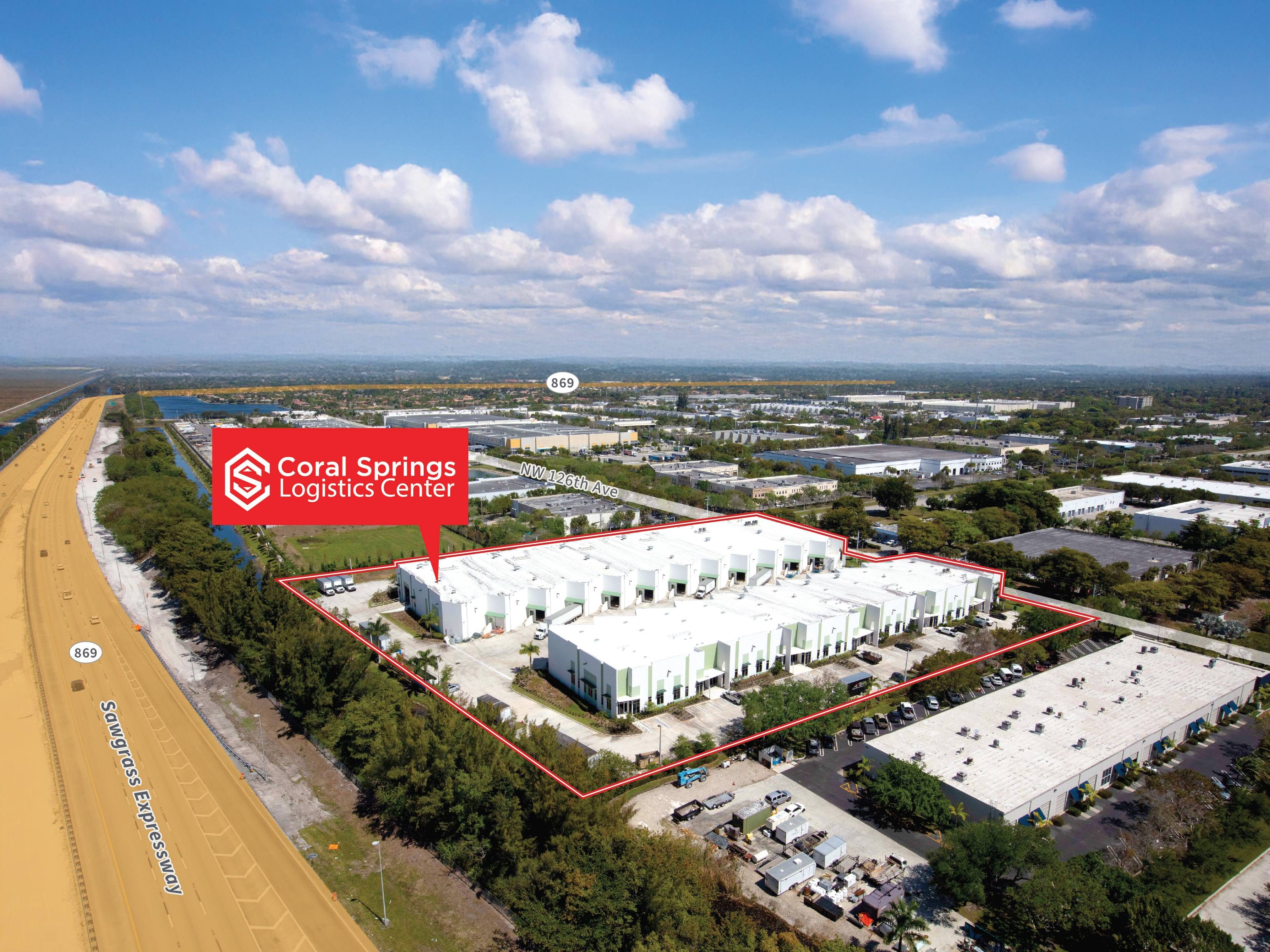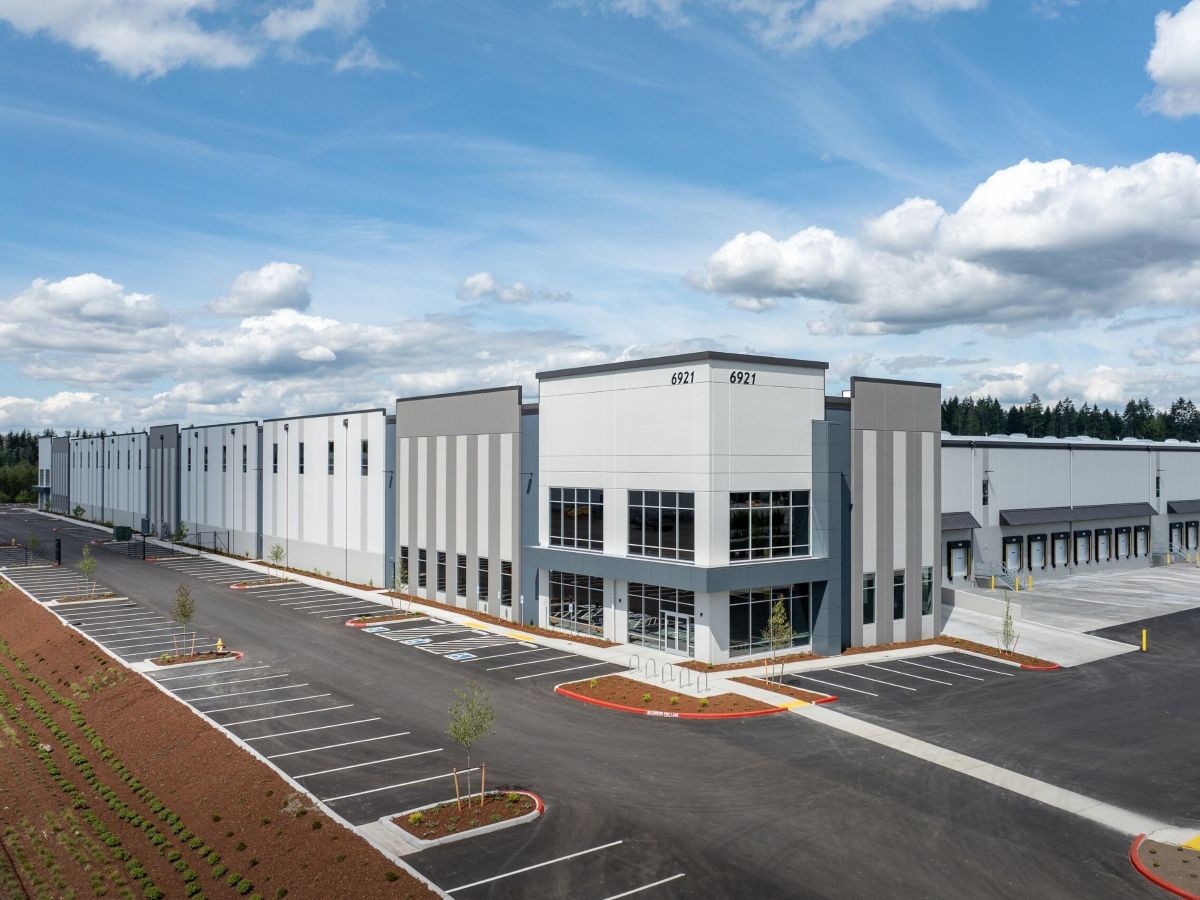Experts Assess Ukraine Conflict Impact on CRE
An initial analysis of how the crisis could affect the industry.
As the world grapples with the crisis caused by Russia’s invasion of Ukraine, the situation is unsettling the economic outlook and introducing uncertainty into U.S. commercial real estate markets. Industry experts believe the real estate sector is less affected by unexpected shifts in the market than the financial sector. The biggest initial concern was that Russia would cut off the supply of oil and natural gas, causing prices to rise further and fueling a significant increase in inflation.
Constantine Korologos, clinical assistant professor and faculty director of the Hirsh Fellows at the New York University’s School of Professional Studies at the Schack Institute of Real Estate, is taking a wait-and-see attitude toward the conflict. He likened the situation to the early stages of the Covid pandemic, when no one knew how long it would last.
“When you don’t know how long something volatile will be in place, it’s hard to predict what the risk is,” Korologos told Commercial Property Executive.
He added that the current uncertainty in the global markets will not likely affect property values too much. “Real estate assets aren’t subject to the same volatility, the jumpiness, movement in the market that equity markets are,” Korologos said.
Real Capital Analytics’ recent report, “Russia Invades Ukraine: The Picture for Commercial Property,” emphasizes that real estate is a long-term investment and a secure income stream from core assets can act as a buffer against volatility in other asset classes and the outside world.
There could be a significant impact on transaction volume if the situation in Ukraine continues to heat up. “It will be interesting to see how many transactions get delayed or called off. If lenders are saying I need to get paid a little more right now or give me a little more time or a little more risk premium because of the uncertainty,” said Korologos.
Energy Issues
The Ukraine crisis is expected to have a significant impact on energy costs, particularly for those buildings that use natural gas. Stuart Brodsky, clinical assistant professor and director of the Schack Institute of Real Estate’s Center for the Sustainable Built Environment, noted that energy costs for an average office building are around $2 per square foot per year, with about 30 percent to 40 percent of that expense due to natural gas use.
“An increase in natural gas costs affects utility costs, and we use a lot of natural gas for buildings,” Brodsky told Commercial Property Executive.
Real Capital Analytics reported that Brent crude prices breached $100 a barrel for the first time since 2014 and European natural gas prices spiked in the hours immediately after the Feb. 24 invasion.
Freight costs had already risen exponentially during the past year even before the conflict. The costs were being passed on to consumers in the form of increased prices, contributing to the highest inflation the nation has seen in 40 years.
“Fuel costs are a big component of this. Given that Russia is a major exporter of crude oil, recent events stand to exacerbate the already challenging situation,” Gregg Healy, executive vice president with Savills, told Commercial Property Executive.
Oil prices have gone up as much as $20 per barrel due to concerns that Russia will slow or curtail the delivery of oil to the rest of the world. Mark Zandi, chief economist with Moody’s Analytics, believes it is likely that the oil supply will not be cut.
“We are seeing the worst of the higher prices. If so, the damage to the U.S. economy will be limited,” Zandi told Commercial Property Executive.
Real Capital Analytics noted that Russia accounts for 38 percent of all the European Union’s gas imports. “Some of Europe’s largest economies, Germany and Italy in particular, have a high reliance on Russian exports of natural gas and this may have more acute consequences for these countries than others such as the U.K. and France, which are less reliant,” the report stated.
Zandi does not see the Federal Reserve changing its plans to normalize interest rates in the next few weeks. His biggest concern is that higher oil and gas prices may cause inflation expectations to increase. “If so, the Fed will be more aggressive in normalizing policy and long-term rates, including cap rates for CRE, could rise more,” Zandi said.








You must be logged in to post a comment.